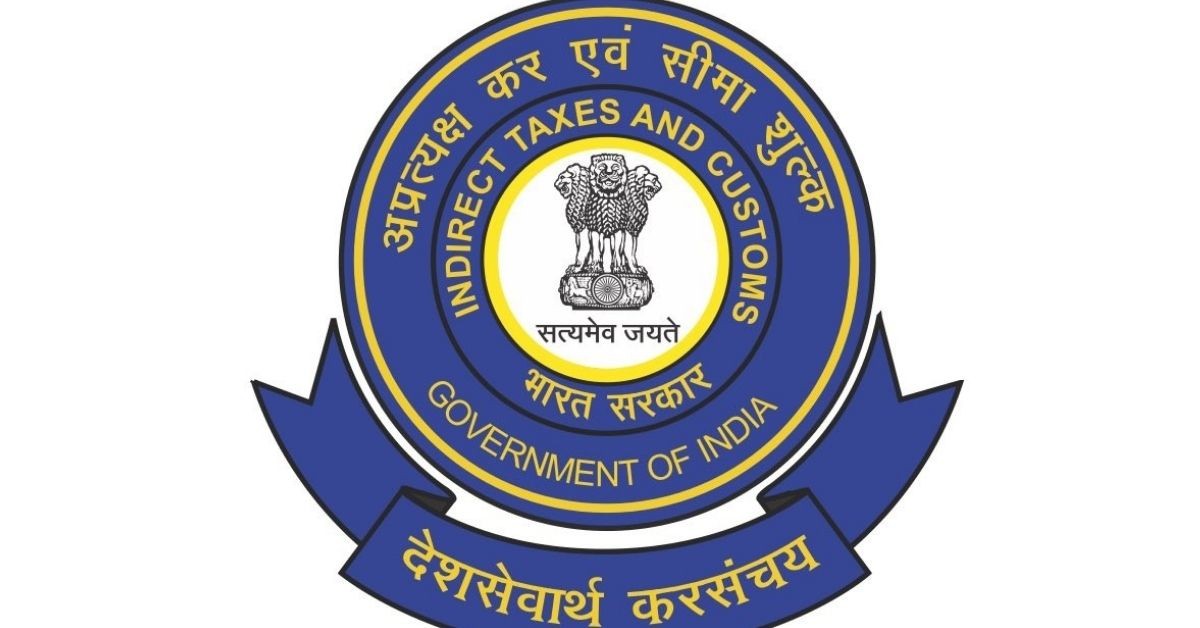Importers taking advantage of concessional rate of import duty will have to give prior information to the customs officers about goods being imported and also its estimated quantity and value, the CBIC has said. The Central Board of Indirect Taxes and Customs (CBIC) has amended the Customs (Import of Goods at Concessional Rate of Duty) Amendment Rules, which lay down the procedures and manner in which an importer can avail the benefit of a concessional duty on import of goods required for domest production of goods or providing services.
One major change that accommodates the needs of trade and industry is that the imported goods have been permitted to be sent out for ‘job work’. The absence of this facility had earlier constrained the industry, especially those in the MSME sector which did not have the complete manufacturing capability in-house.
Even importers who do not have any manufacturing facility can now avail the IGCR, 2017, to import goods at a concessional customs duty and get the final goods manufactured entirely on job work basis. However, some sectors such as gold, jewellery, precious stones and metals have been excluded.
“An importer who intends to import goods at a concessional rate of duty shall give a one-time prior information of such goods being imported to the jurisdictional customs officer.
“He shall also furnish the name and address of the premises of the importer and his job worker, if any; the nature and description of imported goods used in the manufacture of goods at the premises of the importer or the job worker, if any; and the nature of output service rendered utilising imported goods,” the CBIC said in a circular.
The importer would also have to give prior-intimation before import regarding the estimated quantity and value of goods to be imported, the exemption notification and serial number, the estimated duty forgone and the port of import with respect to a consignment.
“This information may be provided by e-mail on a consolidated basis for a period not exceeding one year rather than in a transactional manner for every import,” the CBIC added.
Another major incentive provided in the amended rules is to allow those who import capital goods at a concessional customs duty to clear them in the domestic market on payment of duty and interest at a depreciated value.
This was not allowed earlier, and manufacturers were stuck with the imported capital goods after having used them as they could not be easily re-exported.
The CBIC said the Rules have been amended in view of the demands from the trade and industry and having regard to their changing needs as per prevalent global practices.
“The amendments are also an effort towards creating an enabling environment for the promoting manufacturing by domestic industry to make them competitive globally and also make them self-reliant in furtherance of the goal of Atmanirbhar Bharat,” the CBIC said.
The rules further said an importer shall utilise the imported goods for the intended purpose or re-export the same, within a period of six months from the date of import, failing which the importer is liable to payment of duty with interest.
In case the importer intends to clear the unutilised or defective goods on payment of requisite duty and interest, the import duty payable would be equal to the difference between the duty leviable on such goods but for the exemption availed and that already paid, if any, at the time of importation, along with interest.
Source : Economic Times







